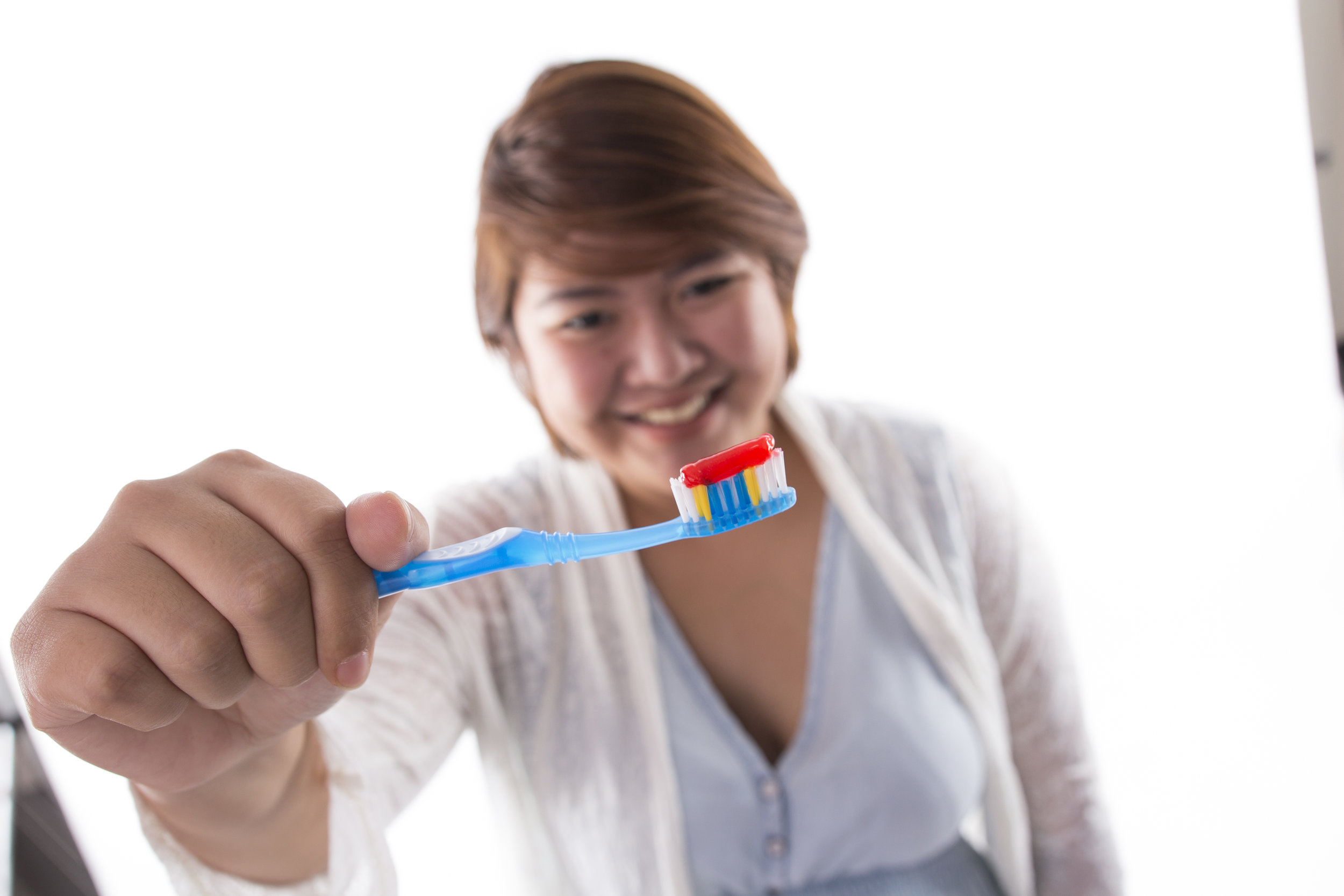Women experience many changes during pregnancy but among these, oral health condition seems to take the least attention. Expectant moms take note of their diet, their rollicking emotions, and their blossoming bellies and bosoms, but hardly give a second thought to any concerns related to their dental health. This is unfortunate.
According to a study entitled Oral Health Care During Pregnancy and Through the Lifespan by the American Congress of Obstetricians and Gynecologists (ACOG), which was released last August 2013: “Oral health is an important component of general health and should be maintained during pregnancy and through a woman’s lifespan. Maintaining good oral health may have a positive effect on cardiovascular disease, diabetes, and other disorders.”
ACOG is the specialty’s premier professional membership organization. It is dedicated to the improvement of women’s health.
Because of physiologic changes during pregnancy, an expectant woman may experience some changes in her oral cavity, according to the study. These include:
- Benign oral gingival lesions: These lesions, which can grow up to 2 cm in diameter, may come about from the pregnant mom’s heightened inflammatory response to oral pathogens. It usually regresses after pregnancy. If there is severe pain or bleeding, however, excision may be necessary.
- Dental caries: A craving for sweets along with increased acidity in the mouth may bring about cavities.
- Periodontitis: When left untreated, gingivitis can progress to periodontitis, a destructive infection in the gums and bones.
- Pregnancy gingivitis: Gingivitis is inflammation of the gums, causing it to bleed more easily. Pregnant women are more prone to gingivitis because of their increased inflammatory response to dental plaque. The condition typically peaks during the third trimester.
- Tooth erosion: Because of increased exposure to gastric acid from vomiting due to morning sickness or gastric reflux, a pregnant woman find her tooth enamel eroding.
- Tooth mobility: The expectant mom may also find her teeth temporarily loosening up during pregnancy, leading to increased tooth mobility.
The study concludes: “Regular dental care is a key component to good oral and general health. Despite the lack of evidence that prenatal oral health care improves pregnancy outcomes, ample evidence shows that oral health care during pregnancy is safe and should be recommended to improve the oral and general health of the woman. Improved oral health of the woman may decrease transmission of potentially cariogenic bacteria to infants and reduce children’s future risk of caries.”
More specifically, here are some moves which expectant moms may want to take throughout their pregnancy:
- Discuss oral health with your dentist as well as your Ob-Gyne. Discuss with both any preventive measures, diagnosis, and treatment to be undertaken related to your oral health.
- Always keep in mind that oral health care improves your general health through your lifespan. It may also reduce the transmission of potentially caries-producing oral bacteria from you to your infant.
- If you are experiencing morning sickness or gastric reflux, taking antacids or rinsing with a baking soda solution (1 teaspoon of baking soda dissolved in 1 cup of water) may help neutralize the associated acid.
- Limit intake of sugary foods and drinks.
- Brush twice a day with fluoridated toothpaste and floss once daily.
- Visit your dentist at least twice a year.
Photograph by Stanley Ong


Leave a Reply